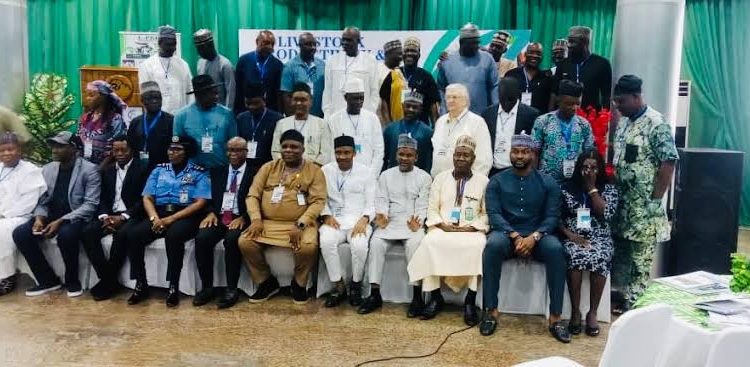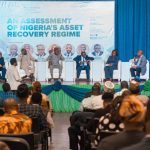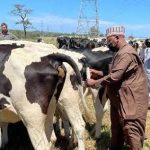The Livestock Productivity and Resilience Support Project (L-PRES) has launched a stakeholder engagement drive to ensure the long-term sustainability of livestock infrastructure built across 20 Nigerian states. The project, supported by $500 million in World Bank funding, is now focused on developing a comprehensive exit strategy to prevent the abandonment of facilities once donor support ends.
Speaking at a recent workshop in Abuja themed “Beyond L-PRES: What Next?”, the National Project Coordinator of L-PRES expressed concern over the trend of abandoned infrastructure following the withdrawal of development partners. He emphasized that the workshop was not just a formality but a strategic move to secure the future of critical livestock investments. The session convened key stakeholders from both public and private sectors, as well as development partners, to deliberate on practical approaches to maintenance, use, and community integration of the facilities.
The main goal is to formulate an actionable sustainability plan for animal health and husbandry infrastructure developed under L-PRES, including veterinary hospitals, diagnostic labs, solar-powered cold storage units, and modern abattoirs. The project coordinator explained that these investments were made to strengthen animal health services, improve food safety, protect public health, and boost economic activity in Nigeria’s livestock sector.
A significant part of the discussion focused on addressing common pitfalls such as poor maintenance and underutilisation of donor-funded projects. The plan includes building strong Public-Private Partnership (PPP) models to ensure economic viability and creating incentive frameworks for suppliers and practitioners to remain actively involved. Community participation is also being encouraged to ensure that the infrastructure serves the needs of those it was meant to support.
The World Bank’s Co-Task Team Leader for L-PRES highlighted that over \$200 million worth of infrastructure is at stake. He stressed the importance of ensuring that these facilities do not fall into disrepair, noting that effective management and long-term functionality are crucial to improving productivity and animal welfare in Nigeria.
The workshop is expected to generate expert insights, propose practical solutions, and draw from global best practices to guide the implementation of durable infrastructure strategies. By anchoring the project’s legacy on sustainability and local ownership, L-PRES aims to reshape the future of livestock development in the country.










